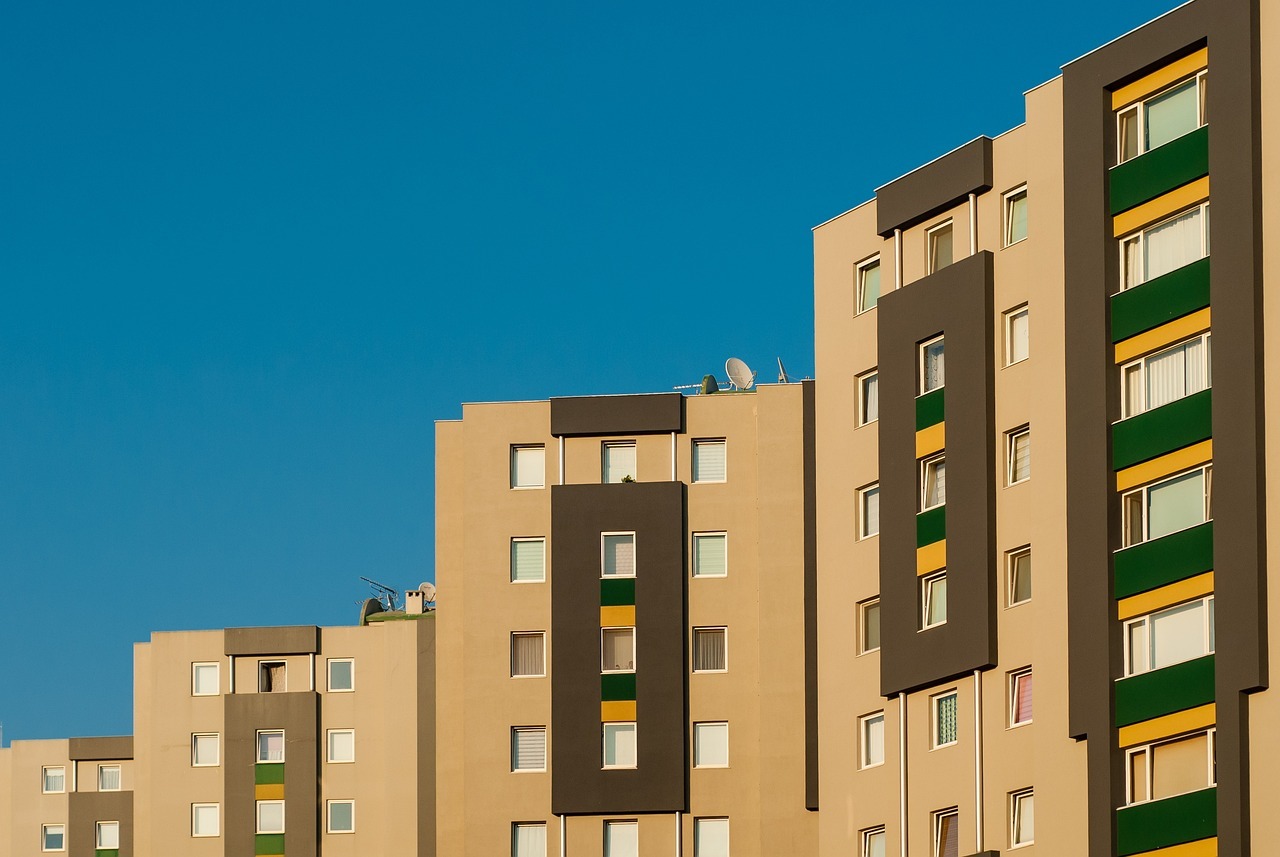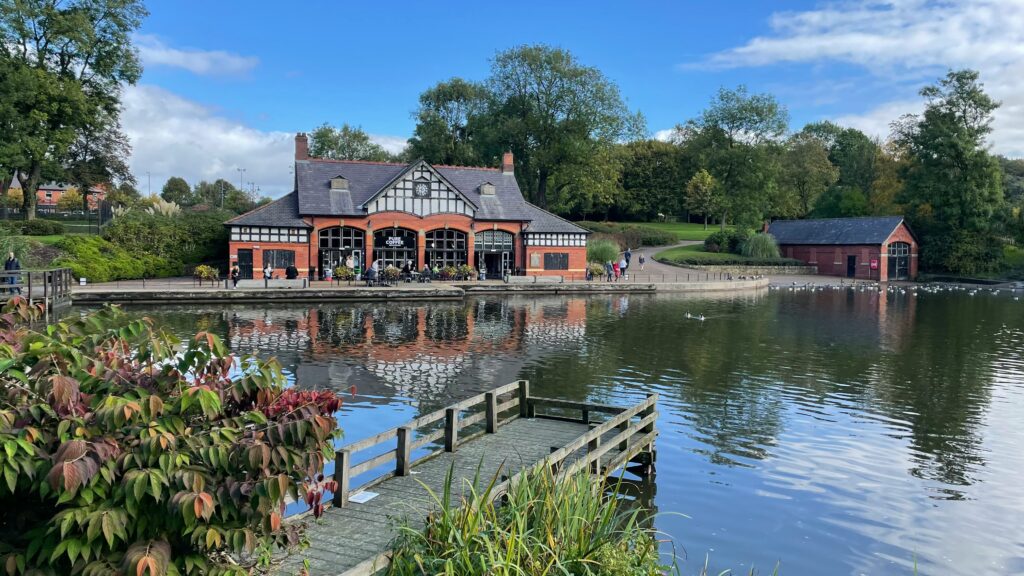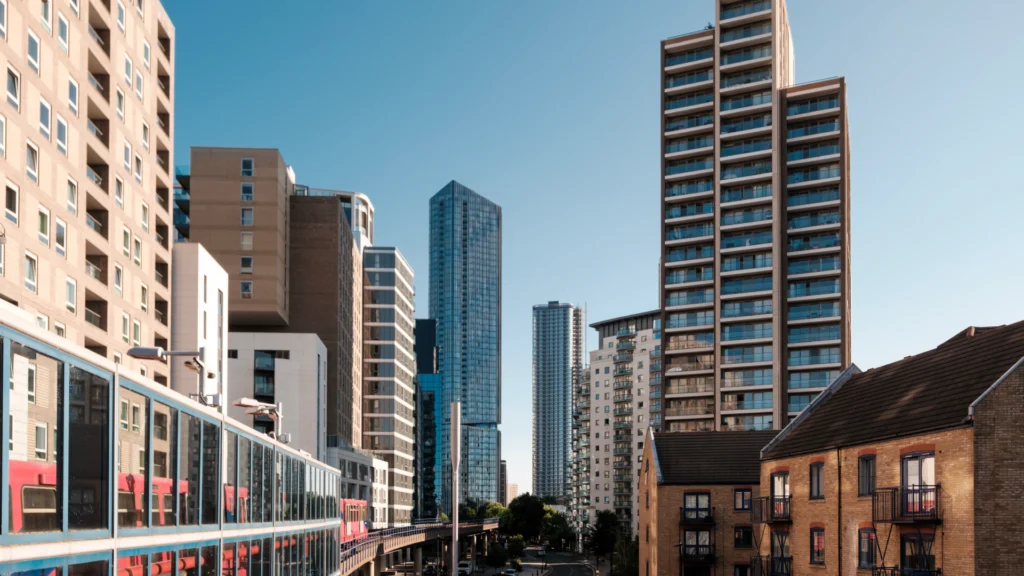
How Much Does It Cost to Renew a Leasehold?
If you own a leasehold property, you have the right to occupy the home for the duration of the lease, but you do not own the land it sits on. When the lease term expires or becomes too short, you may need to extend or renew it to maintain your rights to the property.
In some cases, it will never get to this, leases typically last around 100 years or more. However, there are occasions when a lease is getting close to its expiry, and when we say close, we mean when there are 80 years or less left on it.
Once a lease reaches this milestone, it can become difficult to sell the home, and you’ll probably see its value decrease and the cost of the lease renewal increasing.
Renewing a lease comes at a price that depends on several factors. Namely how long is left on the lease and the property value. Current figures indicate that you could easily spend from £5,000 to £20,000 renewing a leasehold.
In this blog, we dive a little deeper to see what costs you can expect.
What is a leasehold property?
A leasehold property is where you own the home you live in but not the land it sits on. The lease is in place for a set period, giving you the right to remain in the property for its duration or until you decide to move out. The leasehold form of ownership is commonly found in flats and apartments and sees residents paying a service charge and ground rent to keep the building and its exterior maintained and legally compliant.
This differs from freehold property where the owner owns both the property and the land.
How long does a lease last?
Leases for leasehold properties vary in length but can be typically found to be at least 99 years. In some cases, they can be much more than this. There are 999-year leases in some places. During your time at the home, the length of the lease will, of course, decrease. This gradually reduces the property value and makes it less desirable for potential buyers as they will need to pay for the lease renewal themselves at some point. Think of it as the longer the lease, the higher the value.
Therefore, to maintain the value and keep the sale prospects high, you’ll need to consider lease renewal, especially if it drops to 80 years or less. Renewing a lease once the property has less than 80 years remaining on it means facing additional costs. These costs – additional to the actual lease renewal costs – are known as the “marriage value”. They have nothing to do with whether you are married and instead, represent the property value increase after the lease is renewed. As a leaseholder, you must pay 50% of the marriage value to the freeholder.
This additional expense is among the reasons you should look to renew your lease well before it reaches the 80-year threshold as you’ll avoid them if you do.
So, when should I extend my leasehold?
You should definitely look to renew your leasehold before there are 80 years or less remaining on it. This will see you avoid the marriage value costs and get a much cheaper renewal. If, for some reason, you forget or delay renewing it, you’ll find the value of your house plummets and the chances of getting a mortgage deal on the property more or less non-existent. Speak to your solicitor for guidance before rushing off to renew though. You’ll need to be aware of the costs it incurs.
What is the cost of renewing a leasehold property?
The cost of renewing the leasehold will vary based on a few key factors.
- The property value
- How long remains on the lease
- What the ground rent is
- Whether there are any provisions within the lease agreement
These factors will then formulate the costs for each part of the lease renewal. You can think of leasehold renewal costs as being split into two sections. The lease extension premium (the bit you pay the freeholder) and the legal costs (solicitor fees, surveyors report, Land Registry fees etc.) Below, we’ll break down how much you MIGHT have to pay for each.
Lease extension premium
The lease extension premium is what you pay the freeholder and will be your biggest outlay of this process. How much this costs will depend on the factors we listed above and also how well your surveyor negotiates with the freeholder. It’s quite possible these fees could exceed £5,000.
Solicitor fees
As with anything property-related, there always seems to be a degree of legal work that needs to be done, and with lease renewal, it’s no different. You’ll need a solicitor to serve notice on the freeholder with your wish to extend the lease and then have them check the terms of the new lease to make sure it is all correct. They will then submit it to the Land Registry. Total costs for this again vary, but you could expect to see £500-£1,000 or more.
Surveyors’ valuation
A surveyor is needed to calculate what you should offer the freeholder for a leasehold extension premium. They will visit the property to assess its value and dig deep into a host of information relating to the existing lease and the property itself. It is of course likely that the freeholder will come back with an offer more favourable to them and it is here where negotiations will take place to agree on a premium. Costs again vary depending on property value and size but can typically be around the £700-£1,000 mark.
Freeholder costs
Unfortunately, the costs don’t end there. Under the Leaseholder Reform Act, the leaseholder also must cover the costs the freeholder incurs, to a reasonable extent. This means that you will be paying costs for their solicitor and surveyor, and these could mirror yours or even exceed them.
How to renew a leasehold
The process of renewing a leasehold is fairly straightforward but it can be a lengthy process, so strap in and let’s get to work.
The Leasehold Reform Housing and Urban Development Act 1993 gives leaseholders the legal right to request a lease extension on the property they live in. Once the lease extension is agreed, it will, in most cases add 90 years to the remaining lease term and will remove ground rent payments as per the Leasehold Reform (Ground Rent) Act 2022.
Notify the freeholder
You start by notifying the freeholder of your wish to extend the lease, telling them you will pursue the statutory route. The statutory route is where you follow a legal framework by hiring a solicitor and surveyor. The alternative is the informal route where you can directly approach the freeholder with your wish to extend the lease and negotiate with them, without a solicitor or surveyor. There are no specific rules to follow if you head down this route, and whilst it can work out cheaper and be completed faster, it is significantly riskier.
Hire a solicitor & surveyor
As mentioned earlier, you’ll need a solicitor. Just ensure they are specialists in leasehold extensions as that will certainly help the process run much more smoothly. The same applies to the surveyor. Your solicitor can help you find a suitable surveyor that specialises in lease extensions.
Issue a Section 42
The Section 42 is your offer to the freeholder and will be submitted to them by your solicitor. This is the part of the process that may feel like it drags. The freeholder has at least two months to respond to your leasehold extension offer. Their response, known as the Section 45 will contain their counteroffer. It could be much higher than what you initially proposed but don’t worry. This is what you hired an expert for.
Negotiations
With a counteroffer received, negotiations will now take place, this will all be handled by your solicitor to try and find an agreement that suits both parties.
Drawing up of new lease
With a price agreed upon, your solicitor will complete all the necessary paperwork and draw up a new lease. Both parties will then sign it, and it will then get registered with the Land Registry.
How long will it take to renew a leasehold?
It can be quite fast, but it can also drag. On average it can take 3-12 months for a leasehold to be renewed. Remember, following the statutory route means that the freeholder must respond within 2 months of receiving the Section 42. Once the Section 45 comes back, the negotiations can see you wait months for an agreement to be reached. Once a price is agreed, you can expect up to three months for the lease to be finalised and a few more to get it registered with the Land Registry.
What happens if I can’t agree on a price with the freeholder for a leaseholder renewal?
If no agreement has been reached with the freeholder and negotiations are stalling, you can approach the Leasehold Valuation Tribunal. They will make a ruling on what the cost of the leasehold premium should be. This can help speed things up but be aware, this is an expensive route to take and will see additional costs already added to an expensive process.
If you own a leasehold property but are unsure whether you want to renew the lease or are put off by the costs, speak to us. You can sell your house fast, without fear of a buyer backing out due to a short lease. Our approach means we buy properties, regardless of location, condition or lease status. Get a free cash offer for your home today and have it sold in as little as seven days.


